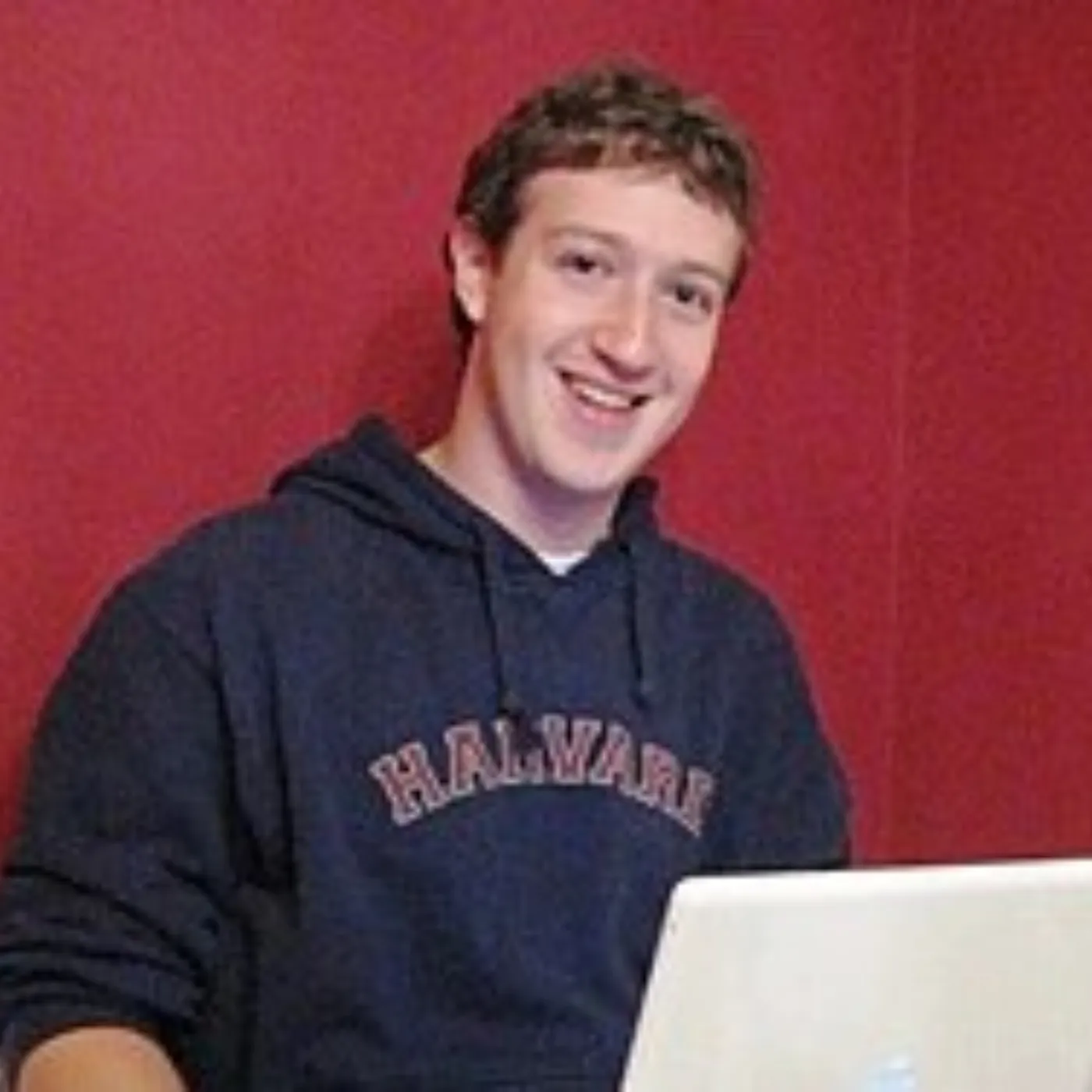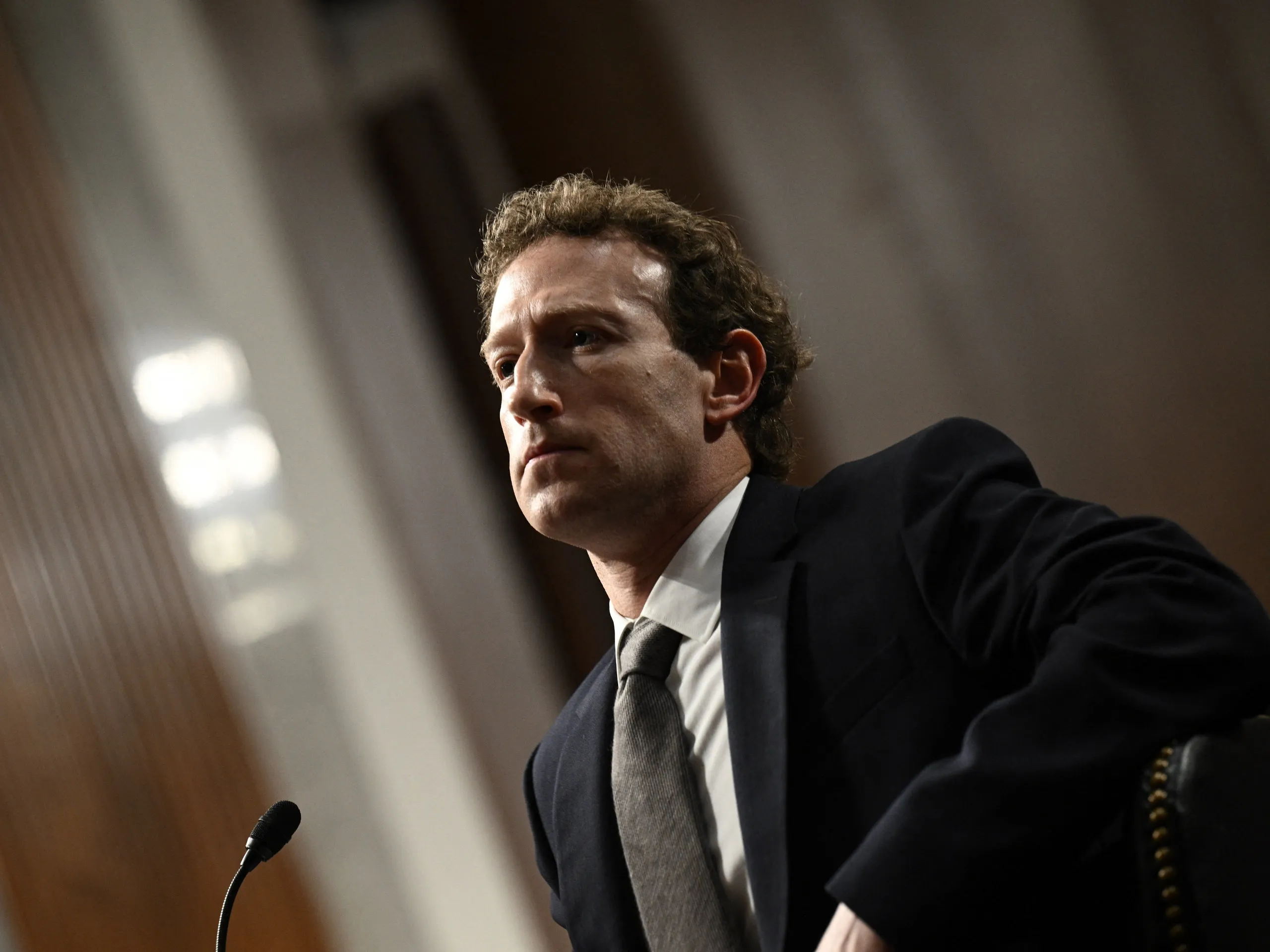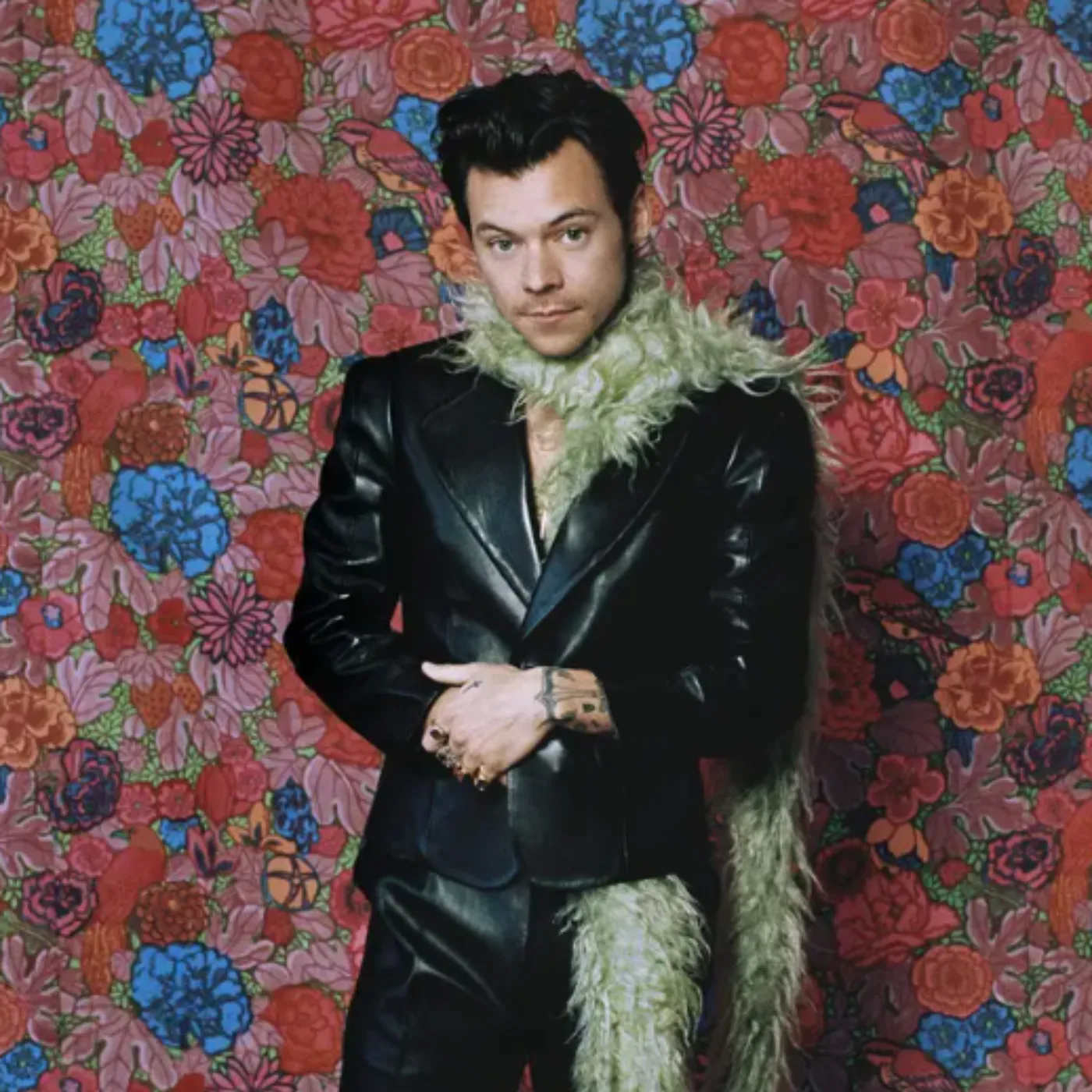

Mark Zuckerberg Slams ‘The Social Network’ for Inaccuracy: The Truth Behind Facebook’s Origin
More than a decade after the release of “The Social Network,” Mark Zuckerberg is still pushing back against the way the film depicted his rise to tech dominance. During a recent appearance on “The Colin and Samir Show” podcast, the Meta CEO revealed his strong opinions about the 2010 biographical drama, calling its narrative arc completely inaccurate.
Zuckerberg’s Reaction: “They Got It All Wrong”
During the interview, Mark Zuckerberg reflected on the one and only time he watched “The Social Network.” The film, which dramatized the creation of Facebook, was widely praised by critics and audiences. However, Zuckerberg made it clear that he did not appreciate the way it portrayed his motivations and personal life.
“It was weird, man,” Zuckerberg said. “They got all these very specific details of what I was wearing or these small things correct, but then the whole narrative arc around my motivations and all this stuff was completely wrong.”
One of his biggest grievances was how the film suggested he was driven by a desire to impress women—a storyline he strongly dismissed.
The Girlfriend Myth: A Fabricated Motivation
One of the most striking aspects of “The Social Network” was its portrayal of Zuckerberg as a lonely, socially awkward genius motivated by heartbreak. In the film, his character, played by Jesse Eisenberg, is depicted as someone desperate for social validation and revenge, fueling his drive to build Facebook.

However, Zuckerberg completely rejects this Hollywood narrative, revealing that he was already dating Priscilla Chan—now his wife—before he even started Facebook. This directly contradicts the film’s premise, which presents his entrepreneurial ambition as stemming from personal insecurities rather than a genuine passion for technology.
Despite the Criticism, Facebook Employees Watched the Film Together
Even though Mark Zuckerberg disagreed with the film’s storyline, he still made sure his Facebook employees watched it together when it premiered. The move surprised many, as it suggested that he did not take the film’s inaccuracies personally enough to boycott it entirely.
While he may not have enjoyed how David Fincher’s Oscar-winning film depicted him, he recognized that it had cultural significance and influence. The fact that he purchased a prop from the set further proved his ability to separate fiction from reality.
Owning a Piece of Hollywood History: The $4,095 Prop Shirt
During the podcast interview, Zuckerberg sported a familiar blue “Ardsley Athletics” T-shirt—the same one worn by Jesse Eisenberg in “The Social Network.” He revealed that a friend encouraged him to buy the shirt from an online auction, which listed the item for between $2,000 and $4,000.
His winning bid? $4,095.
“Yes, this is his shirt. Well, it’s my shirt now. But it was his shirt,” Zuckerberg confirmed.
The shirt itself is a nod to Zuckerberg’s high school years, as he briefly attended Ardsley High School in New York before transferring to Phillips Exeter Academy in New Hampshire for his junior year.
Jesse Eisenberg Wants Nothing to Do with Zuckerberg
While Mark Zuckerberg appeared amused by his connection to the film, Jesse Eisenberg—the actor who portrayed him—has no interest in being associated with the tech billionaire.
In a recent BBC Radio interview, Eisenberg criticized Zuckerberg, saying that he no longer wanted to be linked to someone making “problematic” decisions in the social media industry.
“I don’t want to think of myself as associated with somebody like that,” Eisenberg stated.
He went even further, claiming that Zuckerberg’s policies were worsening the struggles of already vulnerable groups, referring to Meta’s controversial decision to replace independent fact-checkers with “community notes.”
Meta’s Controversial Move: Replacing Fact-Checkers with “Community Notes”
Eisenberg’s comments followed Meta’s decision to remove its independent fact-checkers, replacing them with a “community notes” system, which allows users to challenge and correct the accuracy of posts themselves. The move has sparked heated debates, with critics arguing that it opens the door for misinformation rather than preventing it.
While Mark Zuckerberg has often defended Meta’s content moderation policies, the decision to replace fact-checkers with a community-driven system has added to the growing list of concerns regarding Facebook’s role in shaping online discourse.
The Ongoing Debate: Fact vs. Fiction
While “The Social Network” became one of the most critically acclaimed films of the 2010s, its depiction of Mark Zuckerberg remains highly controversial.
For many viewers, the movie painted a dramatic and compelling portrait of a young, ruthless entrepreneur who built one of the most influential platforms in history. However, Zuckerberg has repeatedly rejected this version of events, insisting that his motivations were misrepresented for entertainment purposes.
Despite this, the film remains a cultural milestone, influencing public perception of both Facebook and its founder. Even though Zuckerberg may disagree with its accuracy, there’s no denying that “The Social Network” cemented his status as a tech industry icon—whether he liked it or not.
A Final Thought: Zuckerberg vs. Hollywood
With his criticism of the film, his purchase of a movie prop, and the ongoing controversies surrounding Facebook, Mark Zuckerberg’s real-life story continues to unfold in ways just as dramatic as any Hollywood screenplay.
Whether you believe “The Social Network” was a cinematic masterpiece or a wildly inaccurate dramatization, one thing is clear—Mark Zuckerberg will never stop challenging the way his story is told.

Zuckerberg’s Legacy: A Story Still Being Written
Despite his discontent with “The Social Network,” Mark Zuckerberg’s journey is far from over. Since the film’s release, he has transformed Facebook into Meta, expanding beyond social media into virtual reality, artificial intelligence, and the metaverse. His ambitions continue to reshape the digital landscape, proving that his story is still evolving.
However, his leadership remains controversial. Meta has faced numerous lawsuits, data privacy scandals, and criticisms over its handling of misinformation. While Zuckerberg argues that his platforms connect people worldwide, detractors claim they have also fueled political divisions and privacy concerns.
Despite these challenges, Zuckerberg remains one of the most powerful figures in tech. His vision for the future—centered around the metaverse—could redefine how humans interact online. Whether he will be remembered as a visionary innovator or a controversial businessman depends on how he navigates the ever-changing digital world.
For now, one thing is certain—Zuckerberg may not have liked “The Social Network,” but the world remains captivated by his real-life story. And as his empire continues to expand, his influence on technology, business, and society is only growing stronger.


















